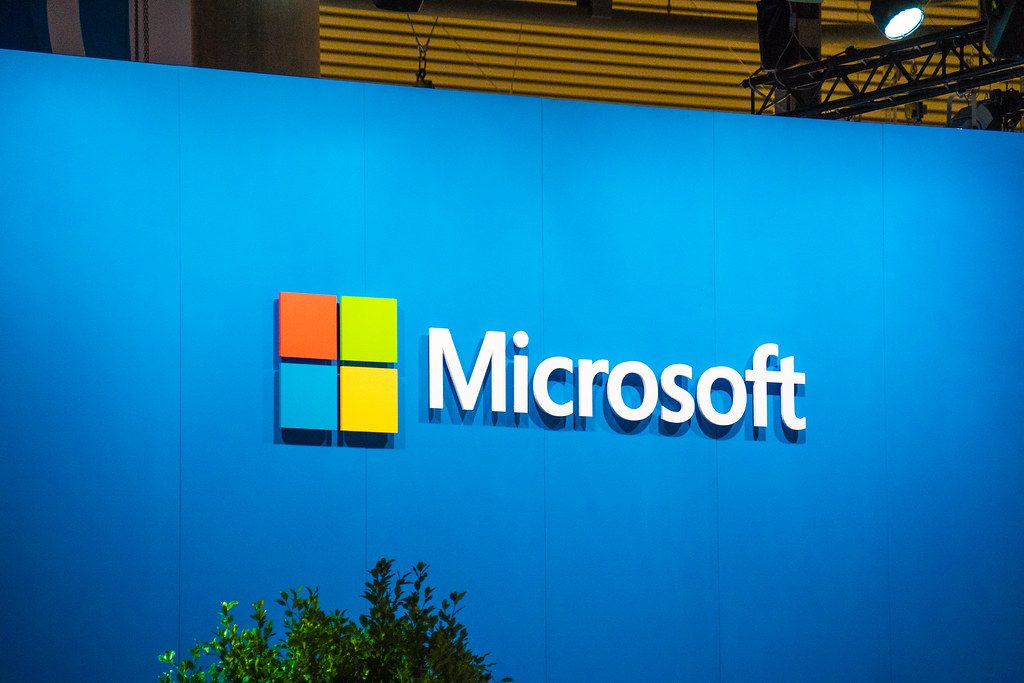
Google will block sideloading of unverified Android apps in 2026 by requiring developer ID checks.
Android’s open ecosystem is changing. In late 2025 Google announced that starting in 2026 all apps installed on certified Android devices must come from verified developers. In practical terms, even if an app isn’t listed on the Google Play Store, its developer must register their identity with Google. The goal is to curb malware and fraud often found in apps downloaded from outside the Play Store.
Verifying Developers to Block Unverified Android Apps
Google’s policy will require all apps on certified Android devices to be signed by developers who have verified their identity. Google likens this to an airport “ID check”: it confirms who is publishing the app without inspecting the app’s content. In other words, Google won’t be vetting the app itself – only the publisher’s identity. This aims to make it much harder for malicious actors to hide behind anonymous developer accounts and quickly release new malware once an app is taken down. Importantly, sideloading itself isn’t banned – users can still install APKs or use alternative app stores, but only if the app’s developer has completed Google’s verification process.
Timeline and Rollout to Android Devices
Google plans to roll out the new verification requirements in phases. An early-access program for developers opens in October 2025, followed by general enforcement in early 2026. In September 2026 the rule will take effect in select regions (Brazil, Indonesia, Singapore, Thailand), with a global rollout through 2027. The change applies only to certified Android devices (those with Google Play Services), so it won’t impact phones that don’t ship with Google’s official software. Google has built a new “Android Developer Console” for this purpose: developers outside the Play Store will register their apps and signing keys through this platform. For hobbyists and student developers, Google will offer a simplified registration process (even waiving the usual developer fee) to address privacy and cost concerns.
Security Benefits and Community Concerns
The key motivation is security. Google’s analysis finds that apps obtained via internet sideloading are over 50 times more likely to be malware-infected than those from the Play Store. By tying each sideloaded app to a verified identity, Google hopes to deter malicious publishers. This adds a new layer on top of existing defenses: Google Play Protect already scans all installed apps (even sideloaded ones), and now identity checks add accountability. In Google’s analogy, it’s a combination of security measures – like checking a passenger’s ID and scanning their luggage.
However, some Android enthusiasts worry about the trade-offs. Critics on forums (as reported by TechRadar) argue that requiring verification “cuts down on freedom” and edges Android closer to an Apple-style “walled garden”. They fear it could hinder certain unofficial apps (for example, modified YouTube clients or ad-blockers that aren’t on the Play Store). Google insists these concerns are addressed: the company notes that the content of sideloaded apps still isn’t pre-approved, so the enforcement is only at the developer-ID level. Still, developers who preferred anonymity are upset about losing that privacy.
Impact on Developers and Users
For everyday users who stick to the Play Store, the change is mostly invisible: “if you download all your apps from the Google Play Store, then nothing is changing for you”. But independent app developers and small publishers will need to take action. They must supply personal or business details (legal name, address, email, phone) to Google’s console and register each app’s unique ID and signing key. This pushes developers to operate with a known identity – much like Apple’s EU App Store rules under the Digital Services Act. In practice, hobbyists can use the special streamlined console to avoid high fees and privacy exposure.
Overall, this policy represents Google’s effort to balance Android’s openness with stronger security. It should make malware distribution riskier for attackers, but it also raises questions about developer privacy and control. As rollout progresses (starting in 2026), users should see fewer shady sideloaded apps, while developers must prepare to verify themselves. Whether this change is ultimately seen as positive or restrictive, the combination of identity checks plus existing protections will be a major new chapter in Android’s security stance.



